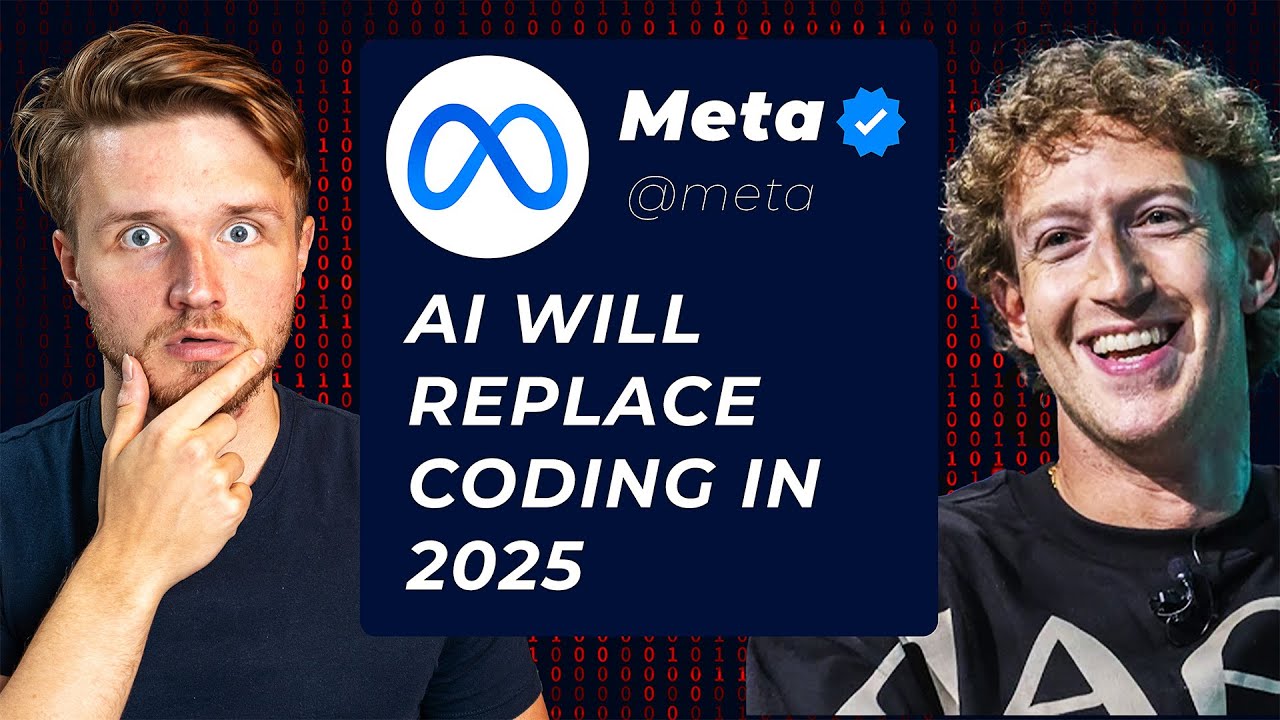In a recent podcast, Mark Zuckerberg predicted that by 2025, AI will be able to automate the work of mid-level software engineers, sparking debate within the tech community about the potential for AI to replace human programmers. While some express skepticism about this claim, the discussion emphasizes that AI may enhance productivity by automating certain tasks, allowing developers to focus on higher-level responsibilities rather than fully replacing them.
In a recent Joe Rogan podcast episode, Mark Zuckerberg, CEO of Meta, made a bold prediction that by 2025, AI will be capable of automating the work of mid-level software engineers. He suggested that AI could eventually write code for applications, leading to a significant shift in the software development landscape. This statement comes in the wake of advancements in AI, particularly OpenAI’s latest model, which has demonstrated human-level performance in various programming tasks. The tech community has been divided into two camps: one believing that AI will replace programmers, and the other asserting that AI cannot replicate the nuanced work of human developers.
The discussion highlights the potential disruption AI could bring to the coding industry, especially given Zuckerberg’s position as a leader in technology. However, the speaker cautions against authority bias, noting that just because Zuckerberg is a prominent figure in tech does not guarantee the accuracy of his predictions. Historical examples exist where experts have made incorrect forecasts about technological advancements, suggesting that skepticism is warranted. Additionally, Meta’s heavy investment in AI raises questions about the motivations behind Zuckerberg’s statements.
Reactions from the internet reflect a mix of skepticism and concern regarding the feasibility of AI replacing human programmers. Some commentators argue that Zuckerberg’s claims may be exaggerated, pointing out the complexities involved in software development that AI may struggle to navigate. The speaker emphasizes that coding is not merely about writing lines of code; it involves a comprehensive understanding of architecture, security, and collaboration among developers, which AI may not be able to replicate effectively.
From the speaker’s perspective, while AI may enhance productivity by automating certain coding tasks, it is unlikely to fully replace human engineers in the near future. Instead, AI could serve as a tool that allows developers to focus on higher-level tasks, such as system architecture and innovative problem-solving. The speaker believes that companies will leverage AI to increase output rather than reduce their workforce, leading to a more efficient development process.
In conclusion, the speaker advises aspiring developers to adapt to the changing landscape by shifting their focus from merely writing code to understanding the broader context of software development. Emphasizing the importance of grasping system architecture and the interplay between different components, the speaker suggests that this knowledge will be crucial for remaining valuable in an AI-driven industry. As AI continues to evolve, developers should prioritize skills that complement AI capabilities rather than compete with them.
